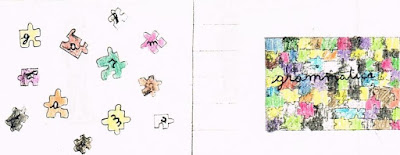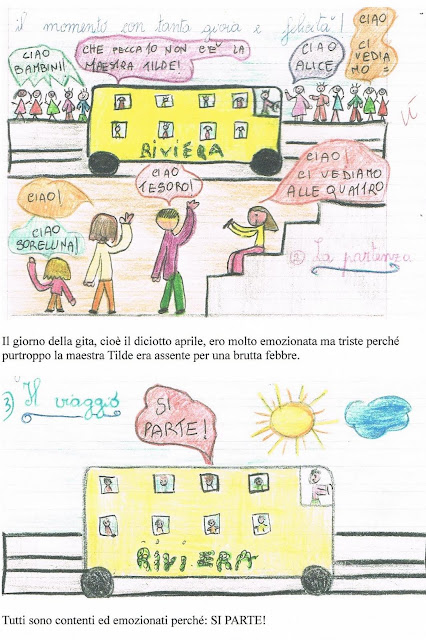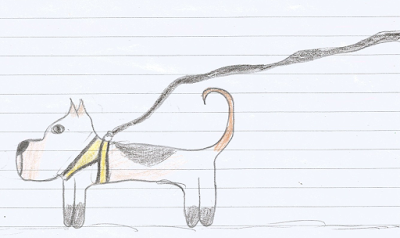La scuola per la pace: poesie, filastrocche, testi di vario tipo, spunti di riflessione contro la guerra
Le terribili tragedie delle guerre in Ucraina e in Palestina fanno riflettere su quanto sia importante vivere in pace e superare ogni tipo di barriera che possa essere d'ostacolo alla libertà d'ogni popolo della Terra. L'arte, la musica, la letteratura, il cinema, il teatro, tutto ciò che è cultura, può aiutare a combattere la la guerra e ogni forma di violenza, a formare cittadini consapevoli dei propri diritti e dei propri doveri. La scuola può pertanto fare molto per formare coscienze libere: " la libertà è come l'aria: ci si accorge di quanto vale quando comincia a mancare". Quant'è vera questa affermazione di Piero Calamandrei! Ce ne accorgiamo in questi giorni in cui tutte le nostre sicurezze sono messe in forse e "l'aria comincia a mancare". Mi rincuora vedere, in questi giorni di disperazione, quanta solidarietà sia nata in tutto il mondo a favore di chi è stato colpito da un'immane violenza che non trova giustificazione alcuna.










Commenti
Posta un commento